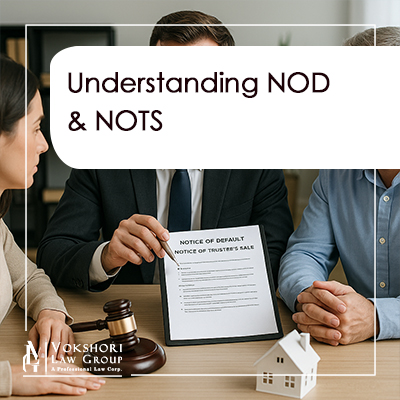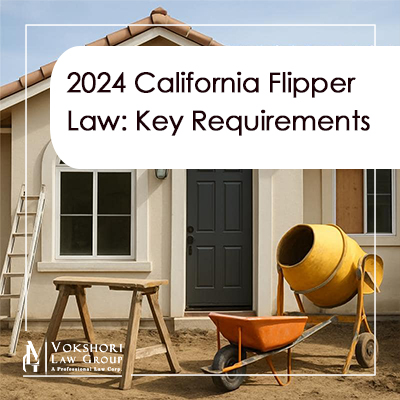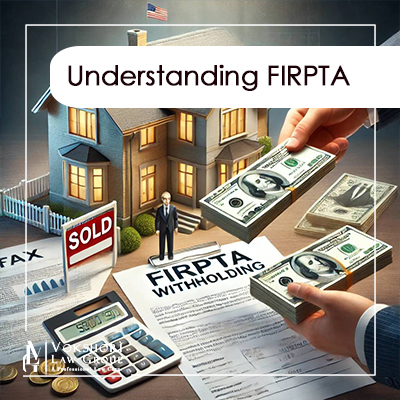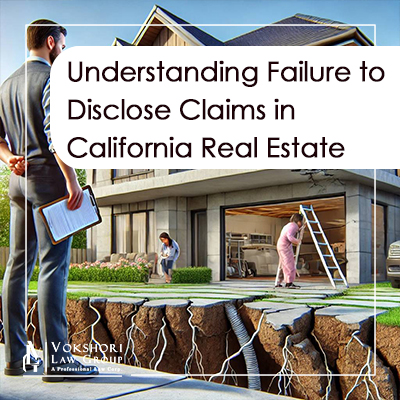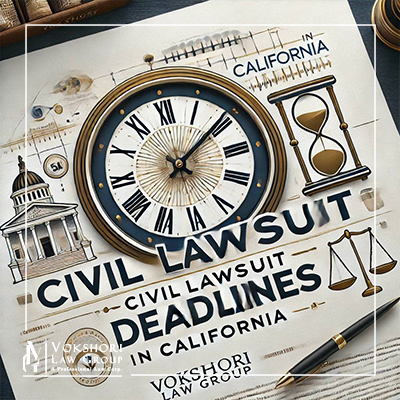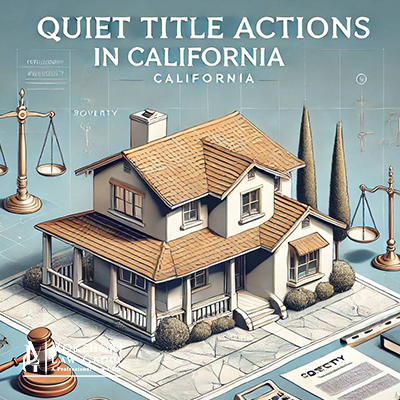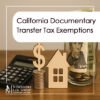
Cross-examination is a critical component of trial practice. Done skillfully, it can dismantle a witness’s credibility, shape the jury’s understanding of your case, and set the stage for a successful verdict. Done poorly, it can alienate the jury and reinforce the opposing party’s narrative.
This article distills key takeaways from a recent legal training focused on cross-examination and impeachment, integrating strategic insights with relevant California law, including Evidence Code § 773 and portions of the Code of Civil Procedure §§ 90–100, which govern trial testimony and procedure in both unlimited and limited civil cases.
1. Strategic Foundation for Cross-Examination
The Purpose of Cross-Examination
Cross is not about scoring technical points for an appellate record or grabbing sound bites. It’s about storytelling. You are guiding the jury toward your theory …
Posted In:

